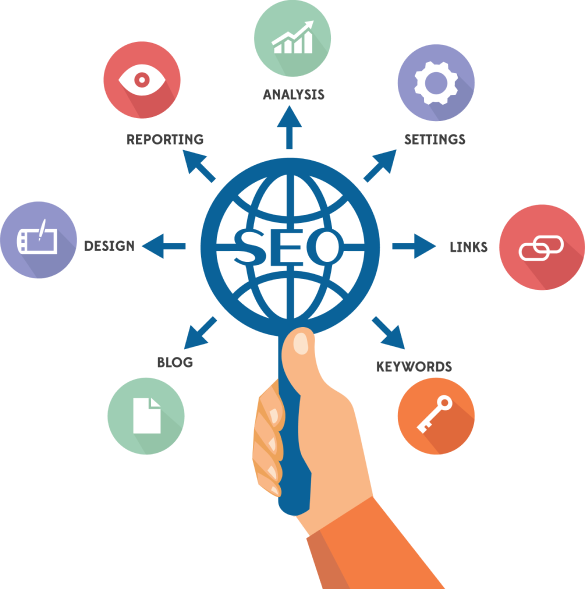



SEO begins with comprehensive keyword research to identify the terms your target audience uses. Tools like Google Keyword Planner and SEMrush can help find high-traffic, low-competition keywords. Next, on-page optimization is crucial. This involves optimizing your content, title tags, meta descriptions, and headings to include your target keywords naturally and effectively. Technical SEO focuses on improving your website's backend. This includes enhancing page speed, ensuring mobile-friendliness, and creating a clean, crawlable site structure for search engines. Building quality backlinks is a key component of SEO. By acquiring links from reputable sites, you improve your site's authority and search engine rankings, boosting your online visibility. Finally, continuous monitoring and adjustment are essential. Use tools like Google Analytics and Search Console to track your performance, making data-driven changes to maintain and improve your SEO strategy.